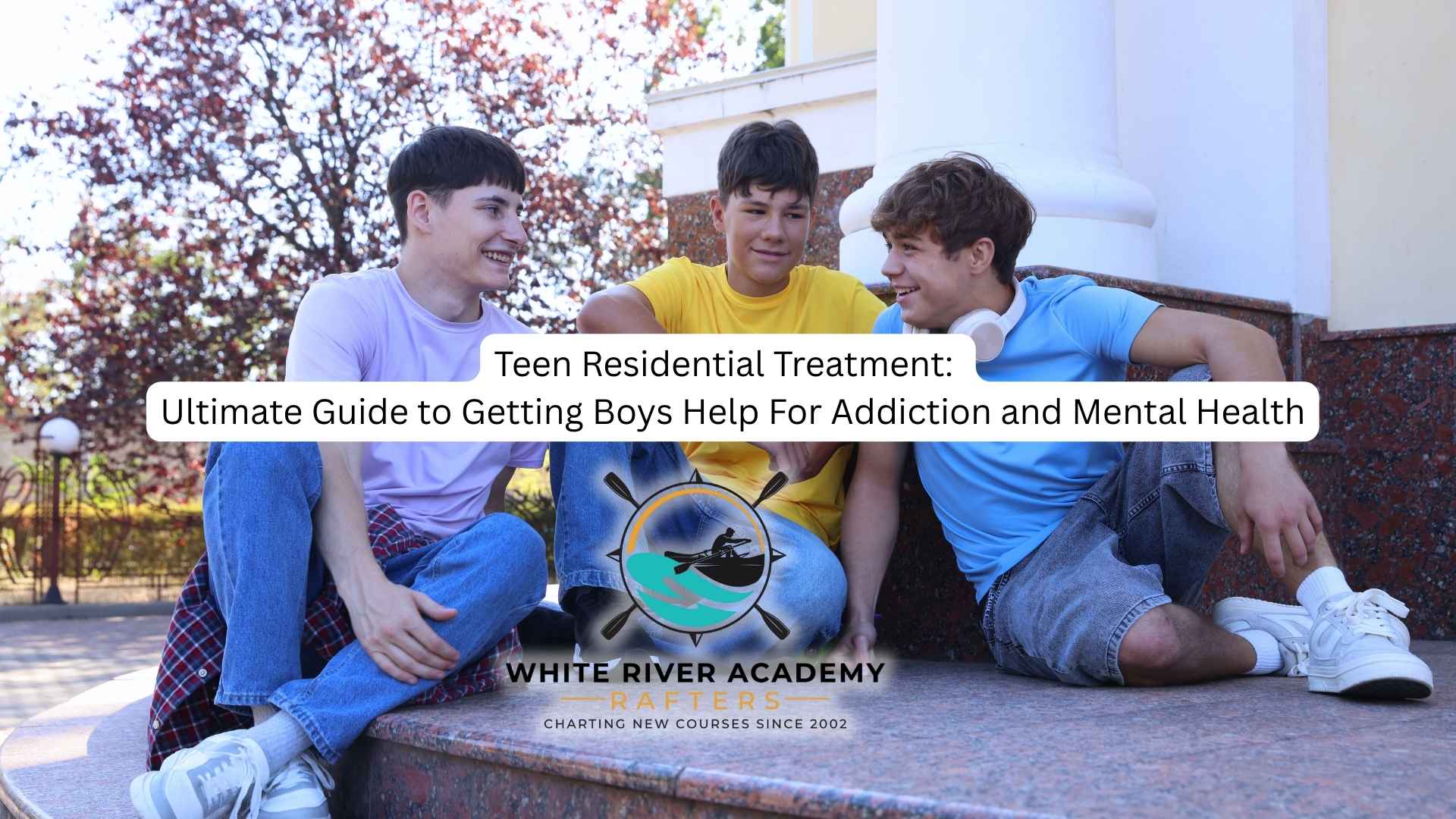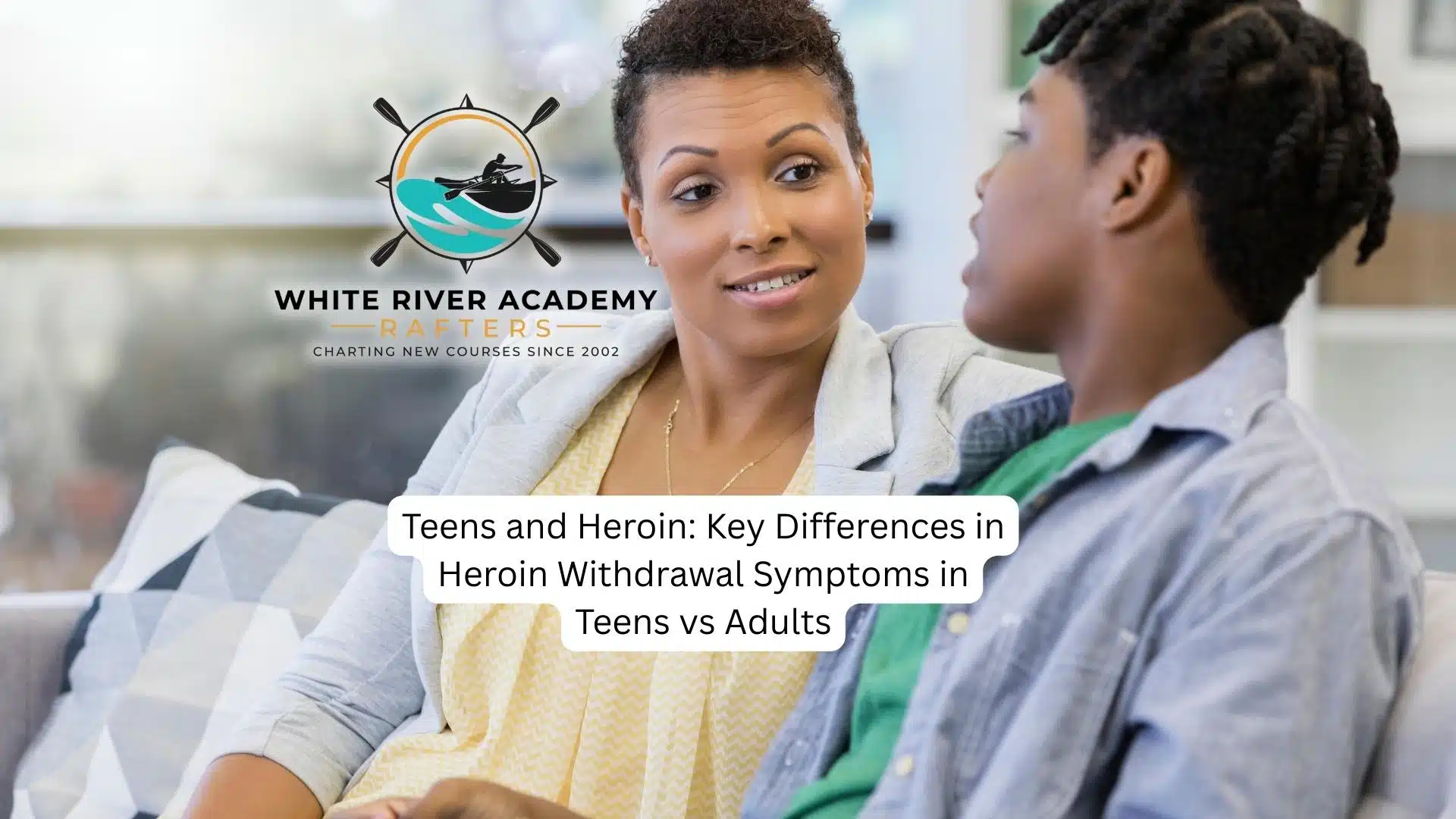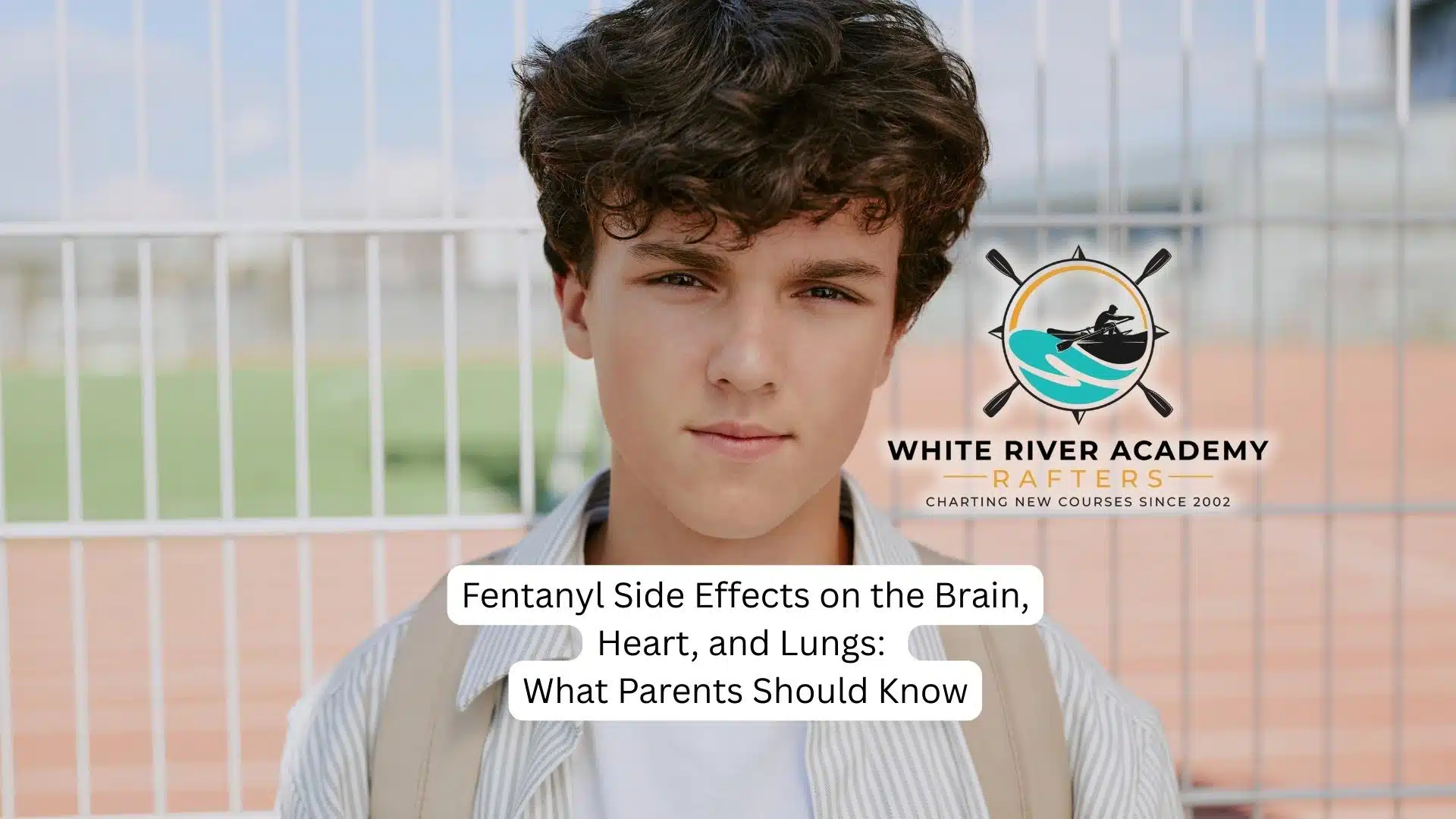Anxiety and substance abuse are two significant challenges that many teen boys face today. While anxiety is often seen as a mental health issue, substance abuse is frequently viewed as a separate concern. However, these two issues are usually interconnected.
In this article, we will explore how anxiety can lead to substance abuse in adolescent males, why substance use can worsen anxiety, and how comprehensive treatment approaches can address both issues simultaneously.
Understanding Teen Anxiety
Adolescent males experience anxiety for many reasons, including academic pressures, social challenges, family stress, and hormonal changes. For some, anxiety manifests as irritability, withdrawal from social activities, or even physical symptoms like headaches or stomach aches.
While some level of anxiety is a normal part of growing up, untreated or unmanaged anxiety can become overwhelming and lead to other complications in a teen’s emotional and social development.
Anxiety in teen boys can often go unnoticed or be misunderstood, especially if it presents itself in ways that seem like typical teenage behavior, such as anger or reluctance to engage with others. However, the emotional strain of anxiety can deeply affect their overall well-being. When anxiety coexists with other issues, such as substance abuse, both need to be treated together to ensure lasting recovery.
Specialized treatment approaches that address both mental health and substance use are crucial to help teens regain control and build healthier coping mechanisms.
The Link Between Teen Anxiety and Substance Abuse
As adolescent boys struggle with overwhelming feelings, they may turn to alcohol, drugs, or other substances as a way to self-medicate. These substances temporarily mask the symptoms of anxiety, providing short-term relief. However, the relief is fleeting, and over time, it can lead to a dangerous cycle where the anxiety intensifies, and substance use becomes more frequent.
Teen boys often feel the societal pressure to “fit in,” and turning to substances can seem like an easy way to cope with the emotional weight of anxiety.
Whether through peer influence or the need for stress relief, the link between anxiety and substance use can begin innocently enough but quickly spiral into a dependency that worsens both mental and physical health.

Why Substance Abuse Makes Anxiety Worse
Although substance use may provide immediate relief from the uncomfortable symptoms of anxiety, it has long-term negative effects that exacerbate the problem. Substances like alcohol and drugs alter the brain’s chemistry, impairing emotional regulation and making it even harder for teens to manage anxiety in healthy ways. Continued substance use can heighten feelings of anxiety, creating a vicious cycle of dependence and mental distress.
As the brain adjusts to the presence of substances, it becomes increasingly difficult for a teen to feel “normal” or cope with anxiety without the aid of drugs or alcohol. This further isolates them from healthy coping mechanisms and leaves them vulnerable to deeper emotional and behavioral issues.
The Dangers of Teen Substance Abuse
Substance abuse impairs brain development, potentially leading to lasting cognitive impairments, including problems with memory, learning, and decision-making.
Mentally, substance abuse can heighten anxiety, leading to depression, anger, or suicidal thoughts. These teens may also engage in risky behaviors, such as reckless driving or unsafe sexual activity, which can result in physical harm or legal problems.
Socially and academically, substance abuse can alienate teen boys from their peers and family, damaging relationships and further exacerbating feelings of isolation and anxiety. Over time, untreated substance abuse can lead to addiction, which requires specialized intervention and treatment.
Treating Co-Occurring Disorders in Teens
When anxiety and substance abuse co-occur in adolescent males, it’s critical to address both issues simultaneously. Treating one without the other can lead to incomplete recovery and increase the risk of relapse. Effective treatment for co-occurring disorders typically includes a combination of therapy, family involvement, and, in some cases, residential rehabilitation programs.
Cognitive Behavioral Therapy (CBT) is one of the most effective therapeutic approaches for treating both anxiety and substance abuse. CBT helps teens recognize and change harmful thought patterns that contribute to anxiety and substance use. Additionally, Dialectical Behavior Therapy (DBT) is another treatment option that focuses on teaching emotional regulation and mindfulness to reduce impulsivity and manage intense emotions.
The Role of Family in Recovery
A strong, understanding family provides the foundation for healing, helping teens feel safe and supported. Family therapy can be crucial in addressing communication issues, resolving conflicts, and rebuilding trust.
Parents and guardians must be proactive in recognizing early signs. Addressing these issues early increases the chances of successful recovery and reduces the risk of relapse. Families who remain involved by offering consistent support, maintaining open communication, and setting boundaries help teens stay focused on their recovery and develop healthier coping skills.
Final Thoughts from White River Academy
At White River Academy, we recognize the challenges that come with treating both mental health issues and substance abuse in adolescent males. Both our anxiety and dual diagnosis programs in Utah offer personalized care for adolescent boys in a supportive residential environment. Combining proven therapeutic techniques with academic structure, community engagement, and family support, we help teen boys manage their conditions and develop the skills necessary for lasting recovery.




